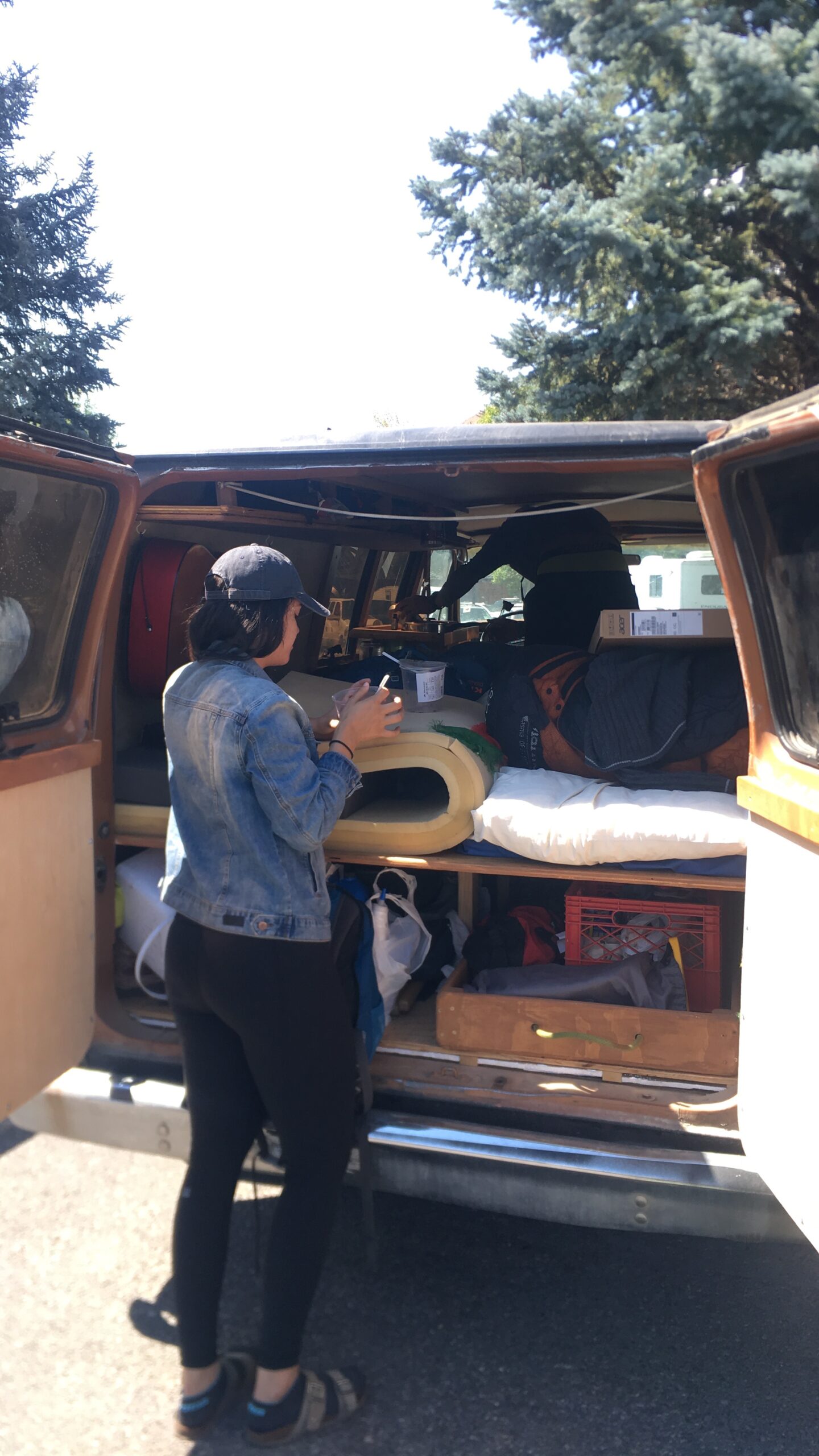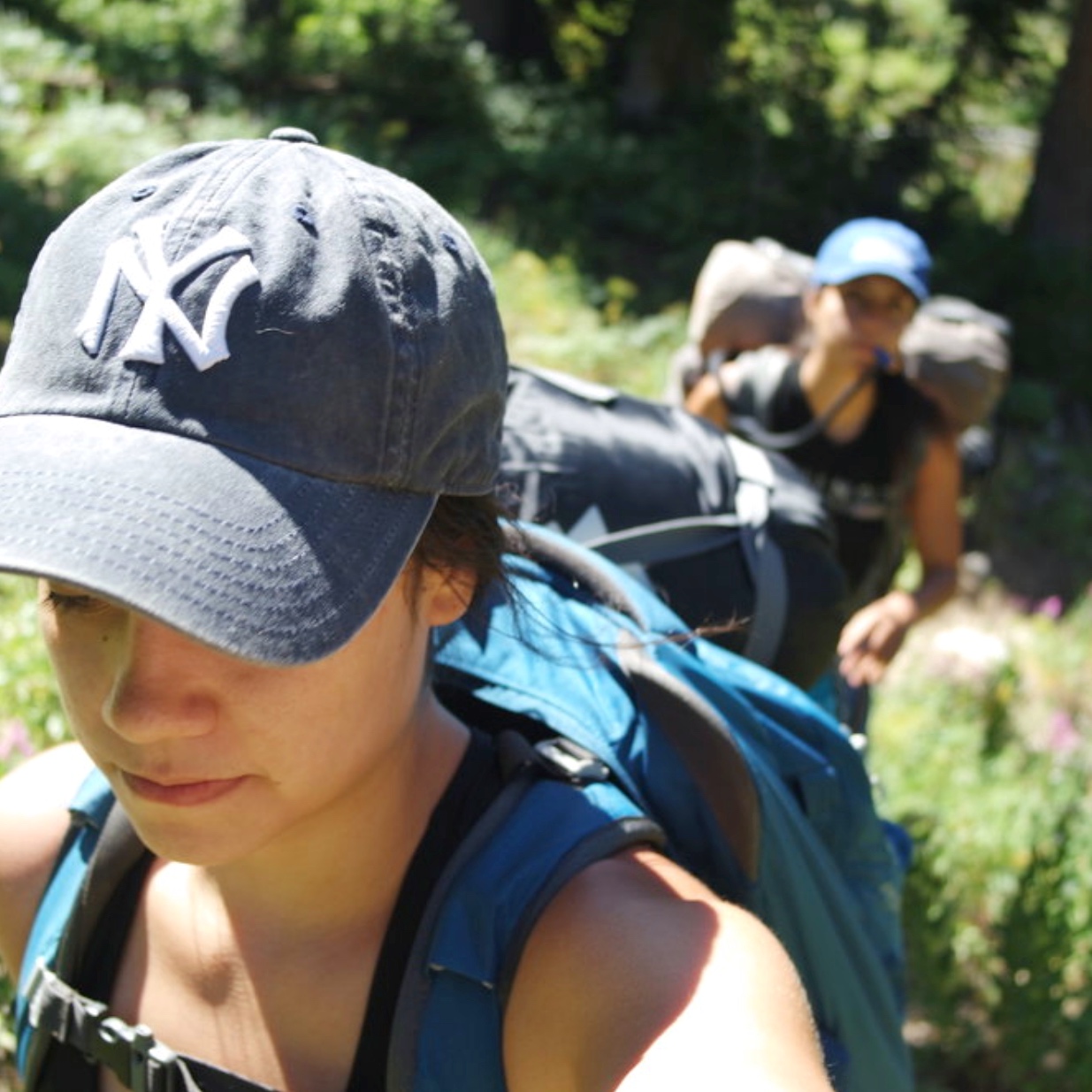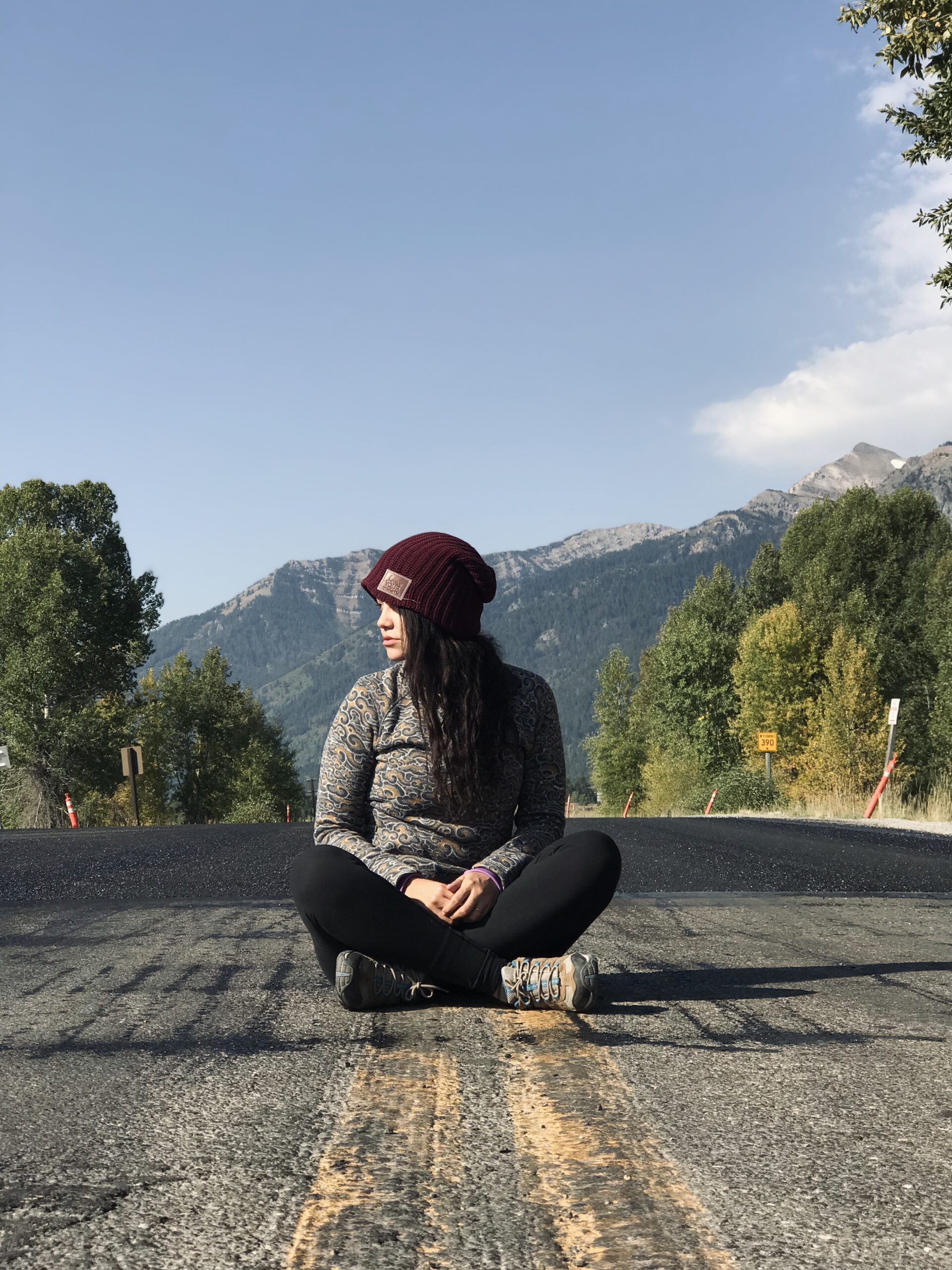In August of 2016 I hiked The Crest Trail in Grand Teton National Park. It is a 25.7-mile hike and is rated as hard on the website All Trails. I went on this trip with four other people. We hiked and camped for three days and during that time we saw all types of animals, including marmots, moose and bears. Hiking in The Grand Tetons was amazing; the views, fresh air, and an accomplishment of the ultimate survival. It is my favorite mountain range to hike and camp in and I can’t recommend it enough. Along with my recommendation to explore this national park, I have some tips about what to bring with you on your trip into the backcountry.
What to bring, tips and disclaimers:
In all honesty, this is not a beginner’s backpacking trip but get a few hikes under your belt and you’ll be fine. It is over 25 miles and can be done in 3 or 4 days, but it really all just depends on your pace. Training a little, like going on a few longer hikes beforehand will only help you feel more confident.

Make sure you have proper clothes any layers. Don’t be the person who forgets their rain shell and subjects everyone to you freezing post rainstorm. If it rains, you’ll get soaked and could get hypothermia, luckily it didn’t rain on my trip; my sister forgot to bring one. Layering is a good idea since the weather during the day will probably be hot, but even in the middle of the Summer it gets really cold at night. Base layers and athletic tops are great for keeping you warm and keeping you dry when you sweat. Cotton should be avoided at least as a bottom layer. I wore athletic leggings (Lululemon Align pants are great for layering) and had sweatpants to go on top to sleep in. Some people wore hiking pants. Lastly, to layer I brought a flannel shirt, a fleece sweater, and a puffy jacket. I also had a beanie and a baseball cap, one for daytime sun and the other for warmth at night when the temperature dropped.

Make sure your hiking boots are fully broken in and that you have good hiking socks, a couple of people suffered from some pretty bad blisters and that can really affect your hiking experience. I love my Merrell hiking shoes, I’m on my second pair! I didn’t get blisters and they are really comfortable. It gets pretty cold up in the mountains at night, so a good warm sleeping bag and jacket are essential. I had a sleeping bag rated for 30 degrees and it wasn’t enough. It is worth it to get something that will keep you warm, shivering all night is not fun. Don’t forget a sleeping bag pad so you aren’t laying on the cold hard ground. Having a barrier in between you and the ground will keep you warmer throughout the night.
There are a lot of natural water sources, so bring a water purifier and your Camelbak. I think we all had 3-liter Camelbak bladders which were perfect. We never ran out of water before getting to a stream or lake. A small packable first aid kit is also a solid idea. Dr. Bronner’s unscented soap is the best for showering, dishes, or really whatever, it’s can be used to clean about anything. Ditch the deodorant, you’ll be fine, you are in the wild. If you really do not want to go without, pick up an unscented one. Scented soaps, lotions, etc. could attract bears, it is not worth the risk. While on the topic of bears, bring bear spray just in case. One person should be designated with it and know how to use it. Bear canisters are also great to tightly seal your food. Put the canisters a little ways from your campsite before going to sleep; all just in case.

For my backpack I used the Osprey Fairview 70. I like it because it opens like a duffel bag or suitcase versus opening only at the top. It also has a small detachable day backpack on the front. It’s multifunctional and I have used it for all kinds of travel. There are a lot of good backpacks out there though, so go into a store to try them on and see what works for you. You want the bag to be comfortable for your frame as it is going to spend hours on your back. Lastly, remember to keep things small and light, you have to fit it all in your backpack and then carry it for miles each day.
I don’t want to make it seem like not just anyone could do the Crest Trail because I and a few others really did not train or hike a lot before this trip. We did have some guidance though, my brother who was with us. He lives in Jackson hole and hikes, climbs and camps in the area very often. He prepared us before going by telling us what to bring, and he was basically our guide. If you want to get into backpacking, hiking and camping, try out smaller trips first. Do some research to make sure you have everything you need; being safe and prepared is very important. It is a good idea to let people know the days you’ll be gone, and where you’ll be backpacking. If you or people in your group that are going know all about hiking, backpacking, safety and wilderness survival then off you go, then perfect, off you go!

No responses yet